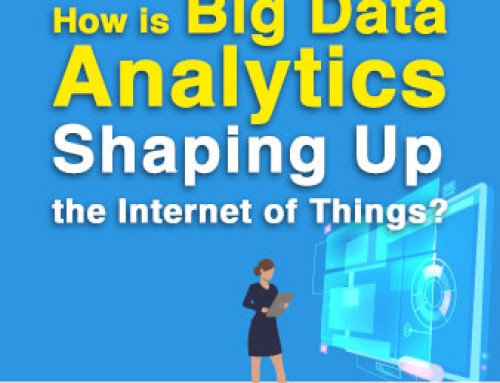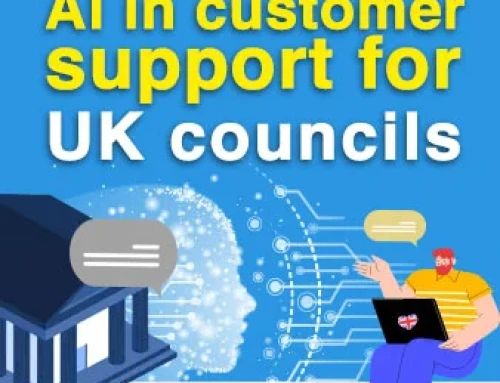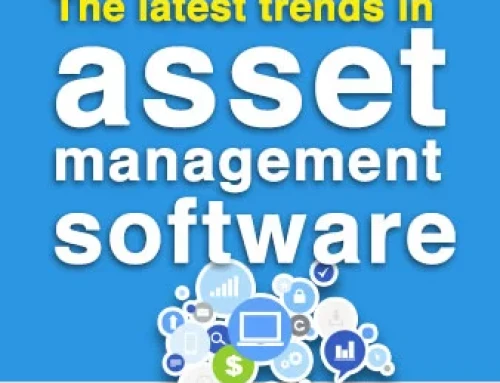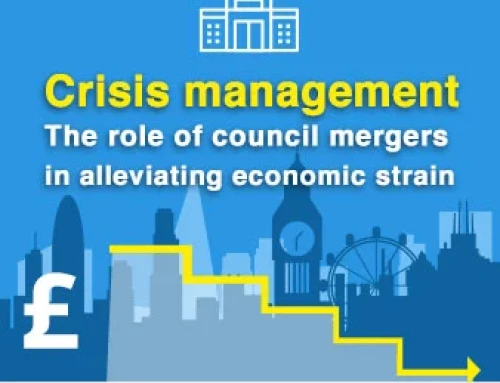Are Chatbots Changing the Healthcare Landscape?
Smarter Diagnosis. Faster Treatment. Reduced Costs.
Technology has always been a vital component of healthcare. Without it, a majority of procedures and diagnoses would be far less successful. Besides, many of them would have not even been possible. Recently, autonomous programs have become an integral part of this technological component. They are being implemented more often at a larger scale. In fact, Oracle CEO Mark Hurd said his company bets that more than half of enterprise data will be managed autonomously by 2020 and will include a heavy dose of artificial intelligence, and healthcare is not exempt from this statistic.
Over the past several years, artificial intelligence has made its way into healthcare. It gives a new ray of hope that might save patients from having to visit a doctor at all for minor issues. Chatbots are AI-driven programs designed to simulate a conversation with humans. Due to their smart working capabilities, they are gaining major attraction. It is opening a new form of communication between healthcare professionals and patients.
As healthcare Chatbots become more prevalent in the industry, their abilities grow as more information is gathered from each interaction. This information contributes to the development of knowledge bases. Thus, Chatbots are able to recognize and diagnose conditions with more accuracy. Many healthcare Chatbots are already helping patients with diagnoses based on symptom sharing. They also allow patients to receive instant feedback for general health questions and complaints without venturing to their doctor’s office. Healthcare Chatbots can help more people in less time and at a much lower cost than a standard medical visit.
Dr. Matteo Berlucchi, CEO of London-based Your.MD, has said that 3 out of 5 doctor visits would be unnecessary if a patient had the right kind of information at their disposal. He added that the evolution of chatbots will “fundamentally remove the need to see a doctor for all those cases that need self-care.” This means that once chatbots develop diagnostic abilities almost equal to a general practitioner’s, they could cut the number of visits to the doctor’s office by 40 percent.
Examples so far…
Some Chatbots, like Woebot, can even serve as digital therapists. This type of Chatbot is programmed to imitate real human conversation by asking questions that allow patients to open up and talk through their emotions and mental woes. Alison Darcy, the founder and CEO of Woebot Labs, told The Washington Post, “You can get things off your chest without worrying about what the other person thinks, without fear of judgement.”
Aside from their use in the external diagnosis, healthcare Chatbots are also used as communication aids between doctors and their patients for administrative purposes. From scheduling appointments to handling triage, bots can take information and properly move it through the correct channels to get patients the proper care in the most efficient way. This also means doctors and other staff can spend more time in intensive treatments.
Healthcare Dive reported that “Chatbots and virtual health assistants may be coming to a hospital near you. As providers look to better engage patients and improve efficiency, many are turning to artificial intelligence to help them succeed.”
Many facilities employ chatbots and other medically-geared AI assistants to perform the time-consuming clerical tasks that take up a majority of any health professional’s time. From reminding patients to take their medicine to help out with inventory and billing, these bots are taking over a myriad of everyday duties.
However, it is important to note that when it comes to diagnosis and treatment, Chatbots are not quite yet operating at an actual human level.
The programs currently available are still in the learning process and are still prone to miscalculations. As many Chatbots focus heavily on the “chat” aspect of their programming, they cannot yet recognize photos or voices as a means of pinpointing a medical issue and offering a plan for treatment.
Tech Appeal to Heal.
As these bots continue to interact with patients and execute each task given to them, they will gather more information. It will empower them to perform their duties with more precision and perfection. Leveraging data will play a key role. Taking help of a bespoke platform will make these chatbots more powerful. Once fully developed, Chatbots will be able to save both patients and healthcare professionals billions of dollars on direct visits and other associated costs.
Intelligent Healing is here!
Author Bio
Maddie Davis is co-founder of Enlightened Digital and tech-obsessed female from the Big Apple. She lives by building and redesigning websites, running marathons, and reading anything and everything on the NYT Best Sellers list.





